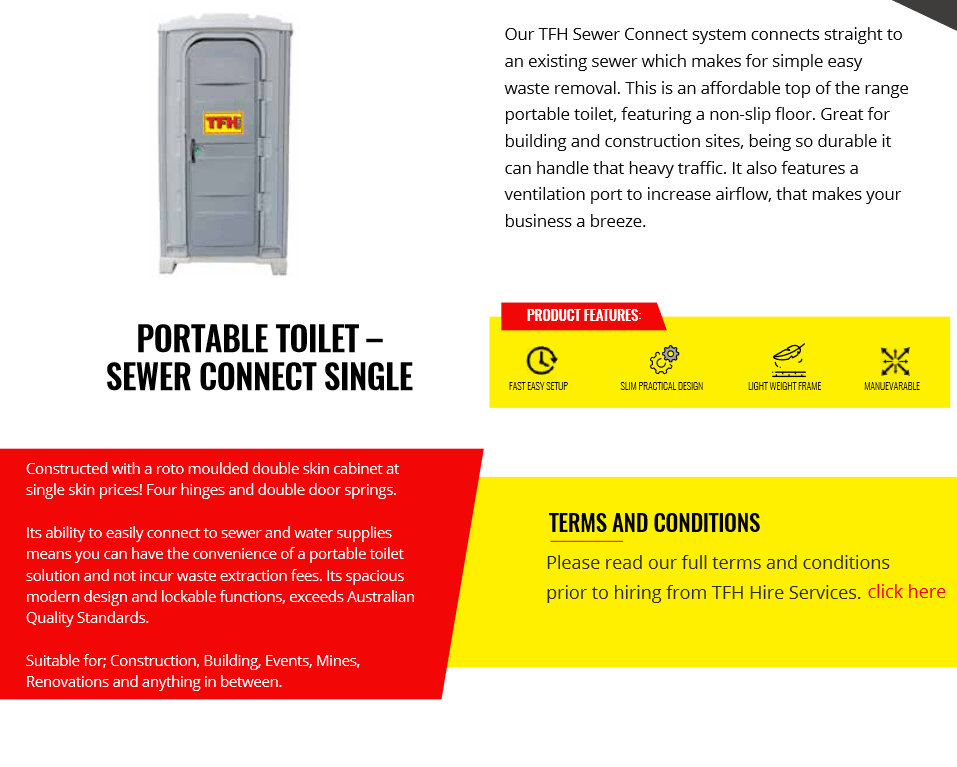Rumored Buzz on Reclaim Waste
Rumored Buzz on Reclaim Waste
Blog Article
Not known Details About Reclaim Waste
Table of ContentsRumored Buzz on Reclaim WasteReclaim Waste Fundamentals ExplainedThe Reclaim Waste Statements9 Simple Techniques For Reclaim WasteReclaim Waste Fundamentals Explained
Check out the kinds, occurrences, and kinds of fluid waste. Residential sewer waste refers to the waste and items from a household septic system. This kind of waste is developed by human beings in houses, colleges, and various other buildings. This only includes sewage-disposal tanks that have a drainpipe area. The appropriate administration and disposal of residential sewer waste call for liquid waste to be moved to a sewage treatment plant where the correct methods and equipment are applied to cleanse and dispose of waste.
Industrial waste usually includes possible threats, such as flammable products or a combination of fluid and strong waste products, and requires a much more advanced and in-depth disposal procedure. The disposal of business waste generally includes the filtering of waste prior to transport to make certain secure and correct disposal. Hazardous waste is produced from results and overflow of industrial procedures and production.
This sort of waste can not utilize the same sewer monitoring transportation or processes as septic or commercial fluids. The hazardous waste monitoring procedure calls for the assessment and testing of liquid waste prior to it undergoes the disposal procedure (industrial wastewater treatment). Drainage waste is the liquid waste that comes from drainage and excess stormwater in highly populated locations or cities
Drainage waste can create contamination and flooding if not taken care of properly. Guaranteeing proper waste management can stop disasters and minimize ecological injury.
7 Simple Techniques For Reclaim Waste
Call PROS Providers today to discover our waste administration and disposal services and the appropriate methods to care for the liquid waste you produce.
(https://www.callupcontact.com/b/businessprofile/Reclaim_Waste/9368278)Do you understand what happens to your water when you disengage, purge the bathroom or drain the washing machine? No? Well, it's worth recognizing. This supposed 'wastewater' is not just a vital resource however, after therapy, will certainly be released to our land, waterways or the sea. Utilized water from toilets, showers, bathrooms, kitchen area sinks, laundries and commercial procedures is called wastewater.

water used to cool equipment or tidy plant and equipment). Stormwater, a type of wastewater, is drainage that flows from farming and urban areas such as roofs, parks, yards, roads, courses and seamless gutters right into stormwater drains pipes, after rain. Stormwater moves neglected directly to local creeks or rivers, ultimately reaching the sea.
Facts About Reclaim Waste Revealed
In Queensland, a lot of wastewater is dealt with at sewage treatment plants. Wastewater is delivered from domestic or industrial sites via a system of sewers and pump terminals, called sewage reticulation, to a sewage therapy plant. Regional governments develop, keep and operate most sewer treatment plants. Operators are certified under the Environmental Protection Act 1994 to discharge treated wastewater at an appropriate environmental criterion into waterways.
The Division of Natural Resources encourages city governments concerning managing, operating and preserving sewerage systems and treatment plants. In unsewered locations, city governments might call for homeowners to set up individual or household sewer treatment systems to treat domestic wastewater from commodes, kitchens, bathrooms and laundries. The Department of Natural Resources authorises the use of household systems when they are verified to be effective.
Many stormwater gets no treatment. In some brand-new subdivisions, therapy of some stormwater to eliminate clutter, sand and gravel has actually started making use of gross contaminant catches. Wastewater treatment takes place in four stages: Removes solid issue. Larger solids, such as plastics and various other objects incorrectly released to sewage systems, are removed when wastewater is travelled through screens.
Wastewater after that streams right into large containers where solids work out and are gotten rid of as sludge. Grease and residue are skimmed from the surface area. Utilizes little living organisms called micro-organisms to break down and get rid of continuing to be liquified wastes and fine particles. Micro-organisms and wastes are integrated in the sludge. Eliminates nitrogen and phosphorus nutrients that might create algal blooms in our waterways and endanger water life.
See This Report on Reclaim Waste
Nutrient removal is not readily available at all sewer therapy plants because it requires pricey specialised tools. Clear fluid effluent created after therapy might still include disease-causing micro-organisms - liquid waste removal.

This normally indicates wastewater has actually to be treated or contaminants removed before it can be released to waterways. Many wastewater streams into the sewage system. Under the Act, city governments administer authorizations and permits for ecologically relevant tasks (Ages) involving wastewater launches that may have find more information a local influence. The division administers authorizations and licences to ERAs entailing wastewater releases that could have a local or statewide impact.
Unknown Facts About Reclaim Waste
Tracking supplies valid details concerning water quality and can confirm that licence conditions are being fulfilled. The info acquired through monitoring supplies the basis for making water high quality choices.
Report this page